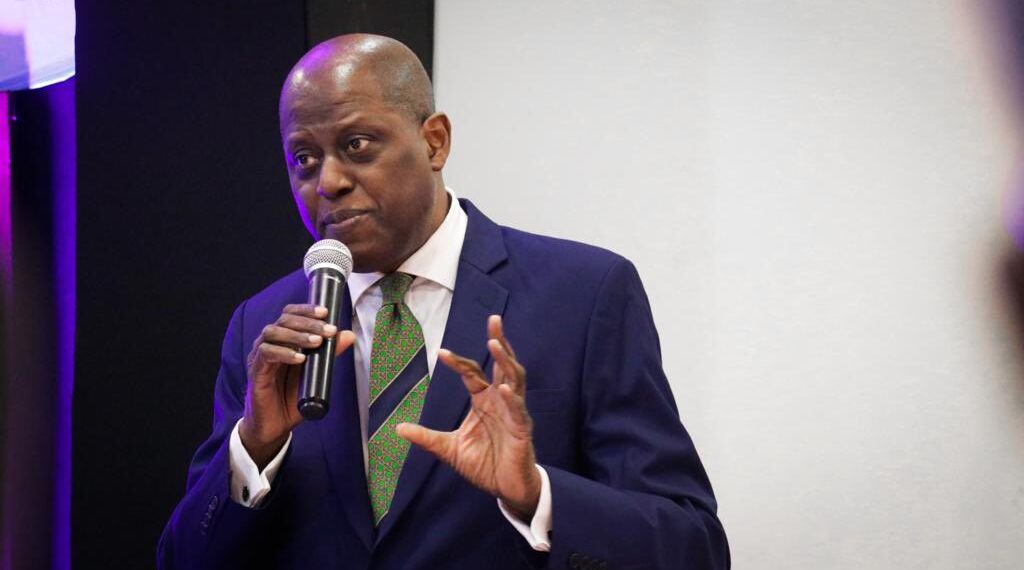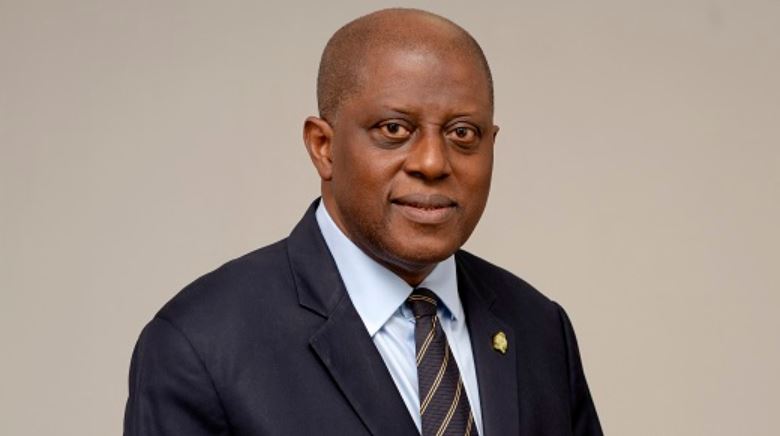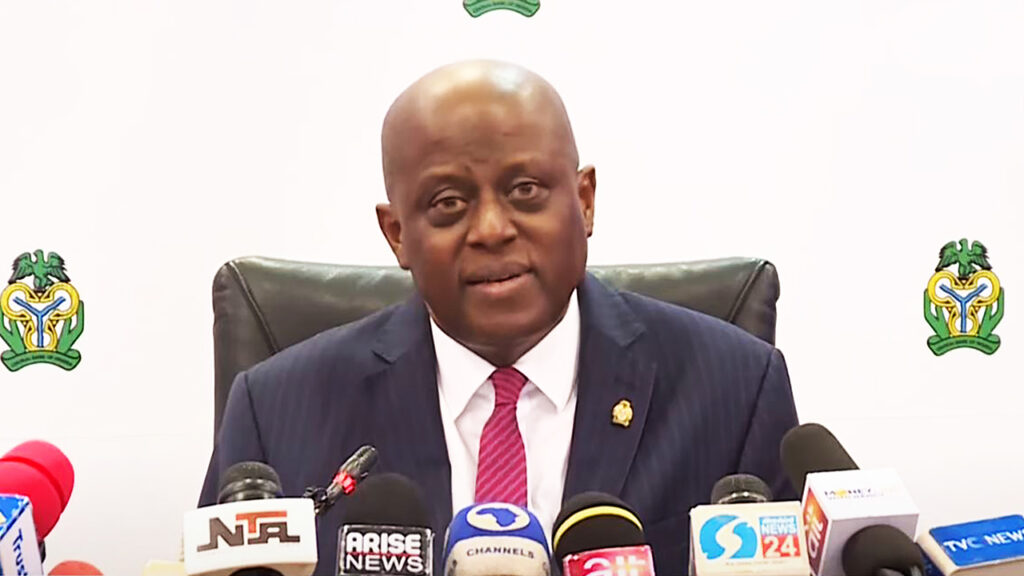The International Monetary Fund (IMF) has praised the Central Bank of Nigeria (CBN) for its recent economic reforms. In its latest Article IV Consultation, the IMF highlighted positive indicators of a durable economic recovery in Nigeria. This comes after years of volatility and uncertainty.
Positive Economic Indicators
The IMF’s assessment noted that Nigeria is showing signs of resilience. Key economic indicators, such as GDP growth and inflation rates, have improved recently. The CBN’s reforms, including monetary policy adjustments and foreign exchange management, have played a crucial role in this recovery.
Governor Yemi Cardoso and his team have worked diligently to stabilize the economy. Their efforts to control inflation and enhance the stability of the naira have contributed to renewed investor confidence. The IMF acknowledged that these measures have created a more conducive environment for economic growth.
The report emphasizes that Nigeria’s economy is gradually rebounding from previous shocks. Sectors such as agriculture, manufacturing, and services are beginning to show stronger performance. This recovery is essential for improving living standards and reducing poverty.
Future Challenges and Recommendations
Despite the positive outlook, the IMF also identified challenges that Nigeria must address. Structural issues, such as inadequate infrastructure and regulatory bottlenecks, continue to hinder economic growth. The IMF urged the Nigerian government to focus on comprehensive reforms to tackle these obstacles.
Additionally, the IMF recommended that Nigeria prioritize fiscal discipline. Sustainable public finances are crucial for maintaining economic stability. The government should also consider diversifying its revenue sources to reduce reliance on oil.
The IMF’s praise for the CBN’s reforms is a significant endorsement of the central bank’s policies. However, the organization also stressed the need for continued vigilance. Global economic conditions can change rapidly, and Nigeria must be prepared for potential external shocks.
In conclusion, the IMF’s recognition of the CBN’s economic reforms reflects a turning point for Nigeria. Signs of recovery are encouraging, but challenges remain. The CBN and the government must work together to build on this progress. By addressing structural issues and maintaining fiscal discipline, Nigeria can achieve sustained economic growth and stability.




